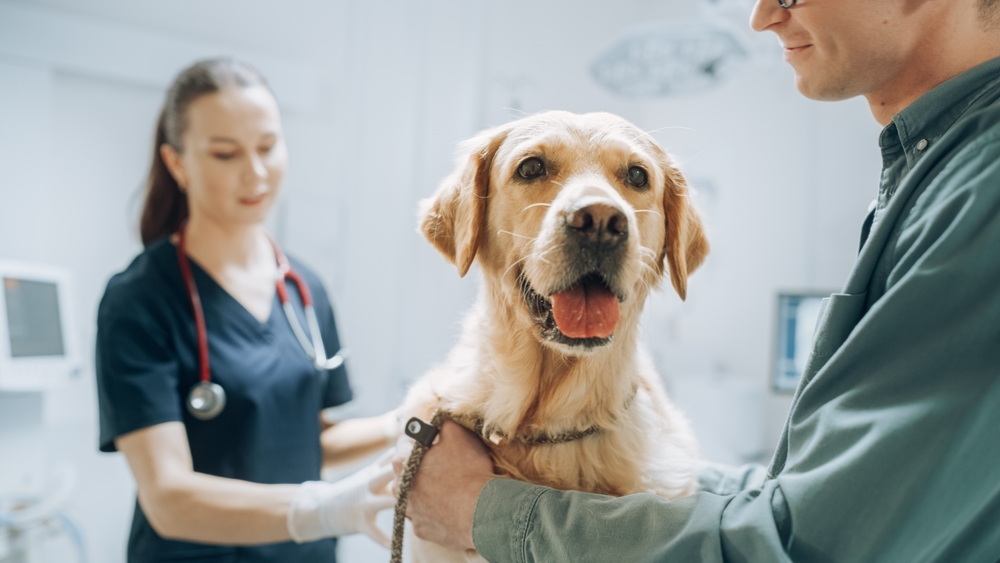News List

December 9, 2025
When your pet suddenly shows signs of illness or discomfort, it can be difficult to know whether home care is enough or if a visit to the veterinarian is necessary. Teletriage has become an invaluable resource for pet owners, offering quick access to veterinary guidance from the comfort of home.

September 3, 2025
Choosing the best diet for your pet is one of the most important decisions you can make as a pet owner. Food directly impacts their energy, weight, digestion, and long-term health.

Welcoming a new puppy into your home is an exciting and heartwarming experience. Amid all the tail wags and cuddle sessions, it is important to ensure your new companion receives the proper vaccinations to protect their health and start them off on the right paw. At Greenwood Village Veterinary Clinic, we’re here to help you understand the essential vaccinations your puppy needs and when they should receive them.

Keeping your pet healthy means staying ahead of potential threats, and heartworm disease is one of the most serious risks they can face. Transmitted by mosquitoes, heartworms can silently invade your pet’s heart and lungs, often showing no symptoms until significant damage has already occurred. Whether you have a dog or a cat, recognizing the early warning signs can make all the difference in getting timely treatment.

When it comes to caring for our furry family members, ensuring their comfort during medical procedures is a top priority. At Greenwood Village Veterinary Clinic, we are committed to providing compassionate, cutting-edge care for your pets. One of the ways we achieve this is through the use of digital X-rays, a modern approach that offers numerous advantages over traditional radiography methods.

Pets are beloved members of our families, and ensuring their long-term health and well-being should be a top priority. Preventive measures are crucial in maintaining your pet's optimal health and preventing the onset of various diseases and conditions.

May 30, 2024
Spaying and neutering are essential for maintaining the overall health and longevity of your pets. These procedures not only prevent unwanted litters but also offer numerous advantages that can significantly improve your pet's quality of life. By understanding the importance of these procedures, you can make an informed decision that prioritizes your pet's well-being.

As your pet enters its golden years, you’ll notice several changes in its behavior, health, and overall well-being. Just like humans, senior pets face a variety of age-related challenges, and one of the most overlooked aspects of their health is dental care. Senior pet dental care is crucial for maintaining your furry friend's quality of life.

October 10, 2023
Vaccinations are an essential part of preventive health care for canines. Every pet parent should understand vaccinations and how to protect their dogs from preventable diseases. Diseases such as rabies, distemper, and parvovirus killed many dogs before the development of vaccinations.

September 11, 2023
Preventive medicine plays a crucial role in maintaining pet health. It involves measures taken to prevent diseases, rather than treating them or handling their symptoms.









